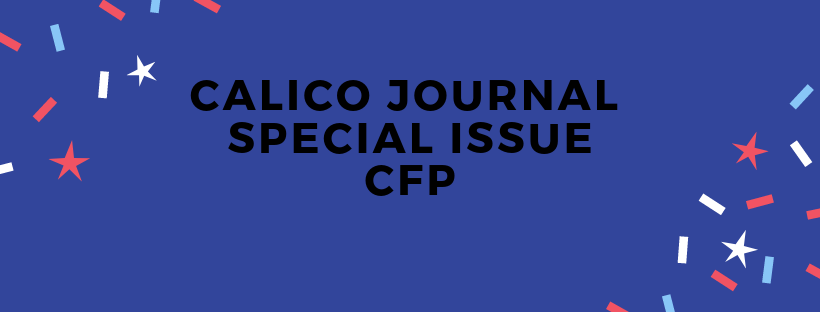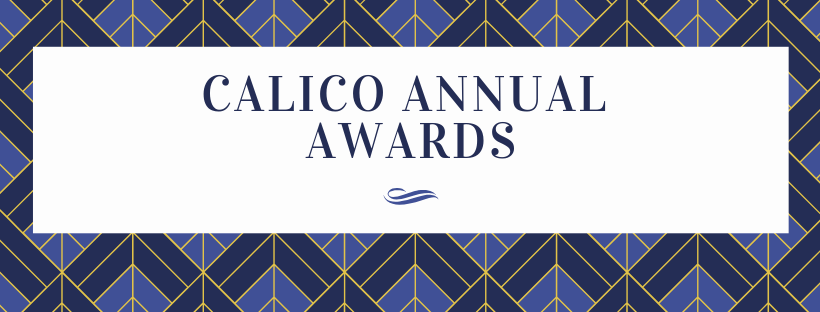
Call for Papers, Journal Special Issue
Call for Papers: Special Issue of CALICO Journal
Title: Emergency Remote Language Teaching and Learning: Computer-Assisted Language Teaching and Learning in Disruptive Times
Co-editors: Li Jin (DePaul University), Elizabeth Deifell (University of Dubuque), and Katie Angus (University of Southern Mississippi)
This special issue of the CALICO Journal is intended to explore various aspects of emergency remote language teaching and learning, which refers to temporary alternatives to face-to-face and hybrid courses during times of crisis (Hodges et al., 2020). Such crises include pandemics, natural disasters, sociopolitical turbulence, and other states of chronic and extended distress. Contributions will expand theoretical horizons, report on targeted empirical research, and explore innovative approaches to emergency remote language teaching and learning. The editors seek contributions from researchers and educators that examine and reflect on the processes and outcomes of computer-assisted language teaching and learning during disruptive times as well as the short- and long-term impact on language education after a crisis.
Content areas for contributions include – but are not limited to – the following:
-
Theoretical considerations exploring the unique contexts of language teaching and learning in times of crisis;
-
Technology-related empirical research examining L2 development and (inter)cultural learning; instructor and student perspectives and experiences; and the effectiveness of faculty training;
-
Critical reflections on curriculum and pedagogical innovations as well as implications for language teacher education and professional development with regards to computer-assisted language learning;
This special issue will strive to maintain the format of past CALICO Journal Special Issues while also supporting diverse contribution formats. We encourage full-length (approximately 6,000–8,000 words, all inclusive) conceptual/theoretical contributions and empirical studies (e.g., mixed methods, case studies, action research). Authors are strongly encouraged to contextualize their contribution within appropriate theoretical and developmental frameworks.
Empirical studies are particularly encouraged and critical review pieces are also welcome. However, please note that manuscripts that are purely descriptive as well as those which rely primarily on surveys without providing systematic and compelling empirical data and analysis will not be considered.
Any questions about the volume should be addressed to volume co-editors: Li Jin (Ljin2@depaul.edu), Elizabeth Deifell (elizabeth@deifell.com), and Katie Angus (katie.angus@usm.edu). Please write “CALICO Journal Special Issue” in the subject line.
Submission deadline for abstracts is October 1, 2020.
● Submit an abstract of no more than 400 words to the volume editors at ljin2@depaul.edu, elizabeth@deifell.com, and katie.angus@usm.edu.
● In your abstract, please state clearly if your proposal should be reviewed as (A) theoretical, (B) empirical, or (C) pedagogical.
● Full-length manuscript invitations will be sent out by October 15, 2020.
● Full-length manuscripts will be due February 15, 2021, and must comply with CALICO’s authoring guidelines (found here).
● Full-length final draft of manuscripts will be due August 1, 2021.
Special Issue to be published in February 2022 (39.1). Please note that abstract acceptance does not guarantee publication of the submitted manuscript. All manuscripts will be subject to a double-blind peer review process.



